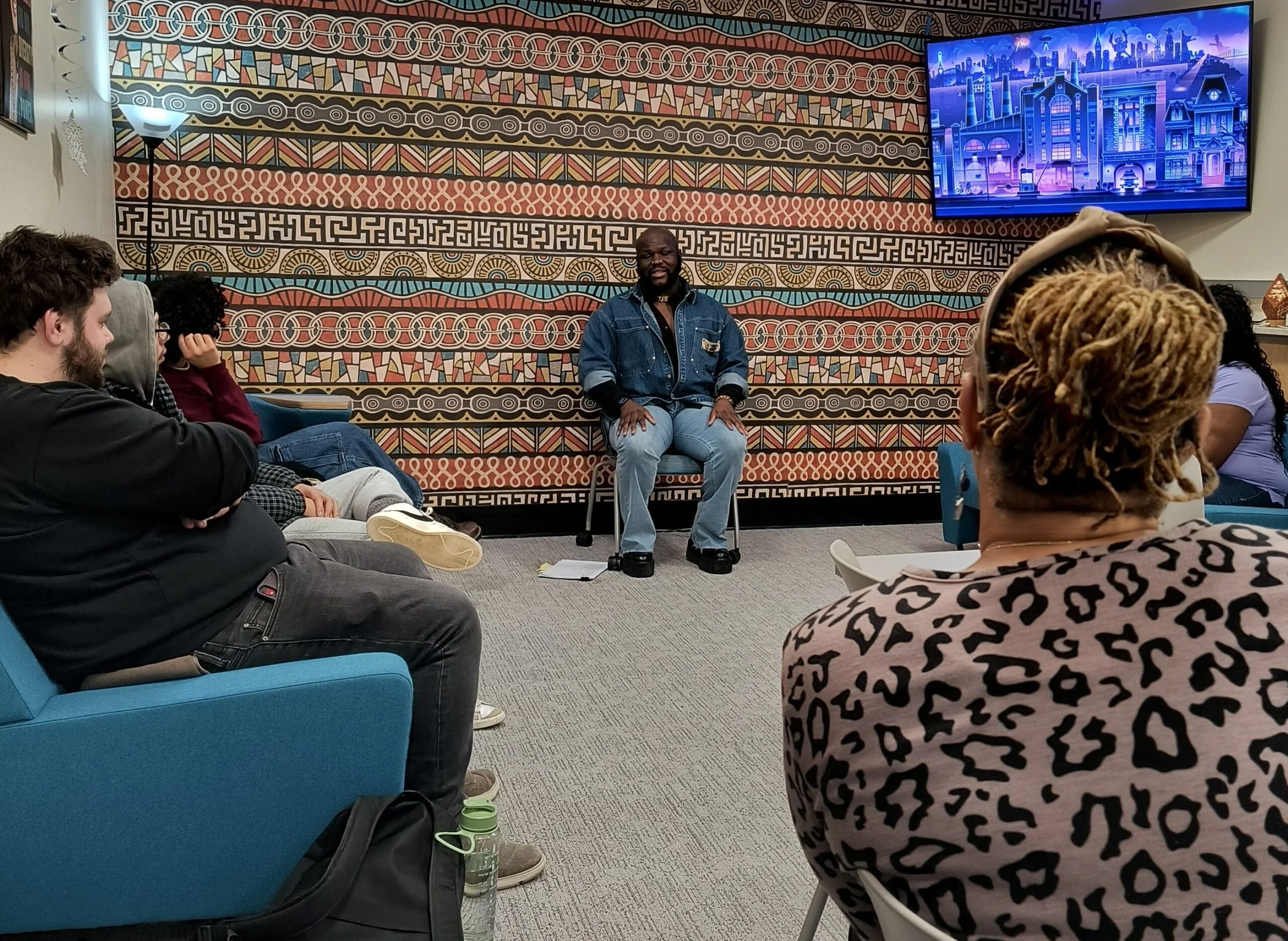Lester Eugene Mayers
Tomorrow is Possible: Professor Lester Mayers Shines Insight and Inspiration Around the Topic of HIV and AIDS
By: Miranda Frisbee ‘26
HIV and AIDS are serious conversations that many avoid. They find it hard to talk about, uncomfortable, or overall shamed by what implications can come along with those words. But the reality of the situation is that talking about HIV and AIDS shouldn’t be something that is hidden but needs to be in the forefront of people’s minds.
What is currently taking place when it comes to HIV and AIDS is the snatching of resources and funding that is causing an immediate impact on research. Clinics in South Africa were closed so now many can’t get their medicine and a large population can’t get the help they desperately need. In less than 24 hours, things were ruined which begs the question: was it worth it — was it worth anything if everything can be undone with a snap of a finger?
Lester Mayers is an inspiration to countless people when it comes to this topic. He has an emotional connection to this which makes it tough sometimes. Beyond losing his mother to this and being a HIV and AIDS research child, Mayers finds one of the hardest challenges being the possibility that so many people are going to pass away because they don’t have the research or resources to know their status… Click here to read the full article.
Meet Lester Mayers
The most meaningful project I have ever worked on is the one I am currently undertaking, which involves transforming true stories about HIV and AIDS into powerful, narrative-driven poems, plays, film scripts, and short stories. Numerous scholars have pointed out that we may be on the brink of a new epidemic, worsened by reduced funding for PrEP, a lack of research, and the closure of clinics worldwide. As a gay Black man who lost my mother to complications from AIDS in 1998, I believe it is crucial for us to adopt a proactive approach rather than a reactive one to the ongoing HIV epidemic. Our collective action and awareness are essential in addressing this urgent issue.
Inspired by heartfelt interviews and archival testimonies, this project weaves together the cherished memories of loved ones who have passed, incorporating elements like letters, suicide notes, medical records, and images. In a climate where HIV resources are being diminished, and arts funding is dwindling, this work aims to provide essential comfort to those grappling with this disease, fostering resilience rather than resistance.
I will not wait until a CDC report to act; I am answering the call now…
-
Faced with a lack of adequate funding, I knew it was time to step back and return to the page, to dream in vivid detail and reimagine the art of storytelling. It was during this period of reflection that my poetic opus, “Tomorrow-12:01,” emerged—a collection of true stories centered on the impact of HIV and AIDS. This renewed focus on my craft has invigorated my passion for storytelling, and I am excited to share these important narratives with the world. And preserve history in a way that can’t be erased…

